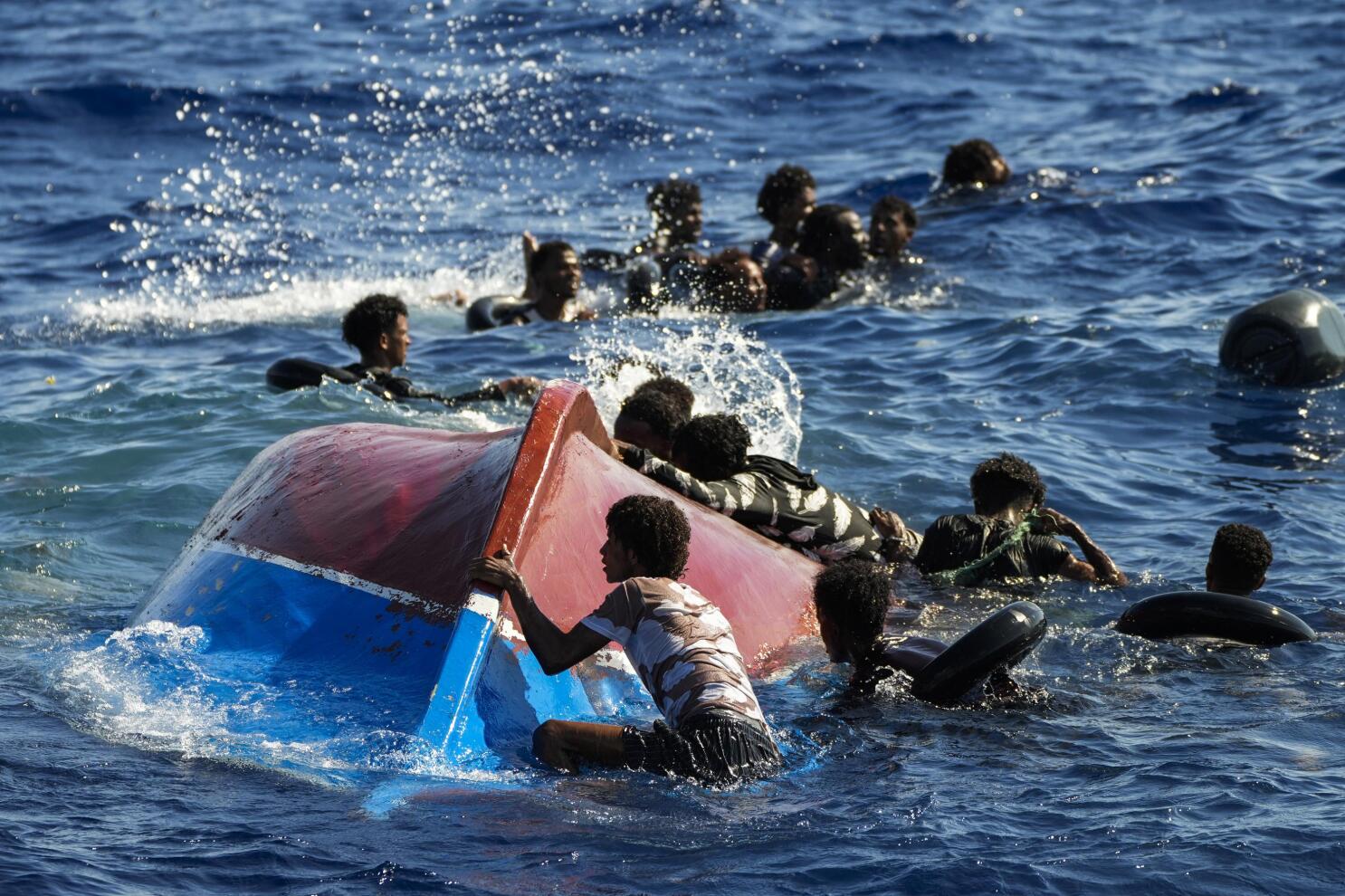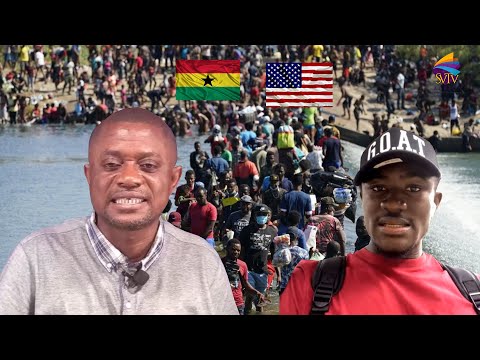Navigating Immigration: 15 Phrases That Will Get You Deported Immediately


Traveling abroad is an exciting endeavor, whether for tourism, work, study, or reuniting with loved ones. However, the journey can come to an abrupt end if you mishandle interactions with immigration officers. A single misstep and a poorly phrased answer or an admission of uncertainty, can lead to denied entry, detention, or even deportation. To avoid becoming a cautionary tale, here’s a comprehensive guide to 15 phrases you must never utter at immigration, along with actionable advice to ensure your trip goes smoothly.
Introduction: Why Immigration Officers Are Your First Test
Immigration officers are trained to assess risk. Their job is to protect their country’s borders by identifying individuals who may overstay visas, work illegally, or pose security threats. They’re skilled at detecting inconsistencies, vagueness, or suspicious behavior. Your goal? To demonstrate that you’re a genuine traveler with clear plans and the means to comply with visa rules. Let’s break down the top phrases that trigger deportation and how to avoid them.
1. “I’m Here to Work, but I Don’t Have a Work Visa”
Why It’s Dangerous
Admitting to working without authorization is an open invitation for deportation. Many travelers mistakenly believe casual work (e.g., freelancing, gigs, or volunteering) is permissible on a tourist visa. It’s not. Most countries strictly prohibit unpaid or paid work without the proper visa.
What to Do Instead
- Research visa requirements in advance. If you plan to work, apply for the correct visa category (e.g., work, business, or digital nomad visas).
- If asked about your purpose, stick to approved activities: “I’m here for tourism/meetings/conferences.”
2. “I Don’t Know Where I’m Staying”
Why It’s Dangerous
Immigration officers need proof you won’t become a burden on public resources. A lack of accommodation plans suggests instability or intent to overstay.
What to Do Instead
- Book at least your first few nights in a hotel or Airbnb. Save the reservation confirmation on your phone.
- If staying with a friend, memorize their full address, phone number, and relationship to you.
3. “I Have a Return Ticket, but I Don’t Plan on Using It”
Why It’s Dangerous
A return ticket is often a visa requirement. Mentioning you’ll ignore it signals intent to overstay, which is grounds for immediate denial.
What to Do Instead
- Purchase a refundable or flexible return ticket if your plans are uncertain.
- If extending your stay is possible (e.g., via visa extensions), explain your intent to follow legal processes.
4. “I Don’t Have Enough Money to Support Myself”
Why It’s Dangerous
Proof of financial means is non-negotiable. Officers need assurance you won’t rely on illegal work or public funds.
What to Do Instead
- Carry recent bank statements (hard copy or digital) showing sufficient funds.
- If sponsored by someone, bring a notarized affidavit of support and their financial documents.
5. “I’m Visiting for Six Months, but I Only Have a One-Week Visa”
Why It’s Dangerous
Overstaying before you even arrive? This contradiction suggests blatant disregard for visa rules.
What to Do Instead
- Apply for a visa that matches your travel duration. If denied, adjust your plans.
- If asked, clarify: “I’ll depart before my visa expires and may apply for an extension if needed.”
6. “I’m Here for Tourism, but I Don’t Know Any Tourist Sites”
Why It’s Dangerous
A vague itinerary raises red flags. Officers may suspect hidden motives like illegal work or unauthorized activities.
What to Do Instead
- Research top attractions and mention a few: “I’m excited to visit [Landmark X] and explore [City Y’s] museums.”
- Carry a rough itinerary (even if flexible).
7. “I Don’t Know Why I’m Here”
Why It’s Dangerous
Unclear purpose implies you’re unprepared or hiding something. Immigration officers prioritize travelers with defined goals.
What to Do Instead
- Rehearse a concise purpose: “I’m visiting my sister for two weeks” or “Attending a tech conference.”
8. “A Friend Arranged Everything for Me”
Why It’s Dangerous
Lack of awareness about your trip can imply involvement in trafficking or exploitation. Officers are vigilant about human trafficking risks.
What to Do Instead
- Know your itinerary details: flight numbers, accommodation addresses, and contact persons.
- If a friend helped, say: “My friend recommended this hotel, and here’s their contact info.”
9. “I’m Staying with a Friend, but I Don’t Know Their Address”
Why It’s Dangerous
Without verifiable lodging, officers can’t confirm you’ll stay out of trouble—or the country.
What to Do Instead
- Memorize the full address, cross-streets, and your friend’s phone number.
- Offer to call your friend on the spot if asked.
10. “I Don’t Need a Visa”
Why It’s Dangerous
Assuming visa-free entry without verifying requirements is a rookie mistake. Some countries demand e-visas or entry permits even for short stays.
What to Do Instead
- Check official government websites (not third-party blogs) for visa rules.
- Print visa approval emails or entry permits.
11. “I Was Deported Before, but I’m Trying Again”
Why It’s Dangerous
Past deportations are recorded in global databases. Re-entering without resolving the issue guarantees a repeat outcome.
What to Do Instead
- Consult an immigration lawyer to address past issues before reapplying.
- Carry legal documents proving eligibility to re-enter.
12. “I’m Carrying Something for a Friend”
Why It’s Dangerous
Transporting unknown items could mean unknowingly smuggling drugs, counterfeit goods, or restricted items.
What to Do Instead
- Never accept packages from others unless you’ve inspected the contents.
- Declare all items at customs and carry receipts for valuables.
13. “I’m Just Coming to Give Birth”
Why It’s Dangerous
“Birth tourism” is illegal in countries like the U.S. and UK. Officers will deny entry if they suspect you’re exploiting citizenship laws.
What to Do Instead
- If traveling for medical reasons, obtain a medical visa and provide hospital letters.
- Avoid discussing pregnancy unless necessary.
14. “I Plan to Apply for Asylum When I Get There”
Why It’s Dangerous
Asylum claims require proof of persecution. Without it, officers will assume you’re bypassing immigration laws.
What to Do Instead
- Consult an asylum lawyer before traveling.
- Carry documented evidence (e.g., police reports, political threat letters).
15. “I’ll Figure Things Out When I Arrive”
Why It’s Dangerous
Immigration officers equate uncertainty with risk. They want travelers who are organized and self-sufficient.
What to Do Instead
- Draft a clear plan covering funds, lodging, healthcare, and departure.
- Use apps like TripIt to organize reservations.
The Ultimate Preparation Checklist
- Documents: Passport, visa, return ticket, accommodation proof, bank statements, insurance.
- Research: Visa rules, local customs, and entry requirements.
- Rehearse: Practice answering common questions confidently and concisely.
- Contacts: Save embassy/consulate numbers and emergency contacts.
Final Thoughts: Stay Calm, Honest, and Prepared
Immigration checks don’t have to be intimidating. By avoiding these 15 phrases and arming yourself with documentation, you’ll project confidence and compliance. Remember, officers aren’t there to trick you—they’re ensuring everyone follows the rules.
Need Reliable Travel Advice? Join Jakut’s Community!
For expert insights and peer support, connect with fellow travelers in:
- Facebook Group: https://www.facebook.com/groups/2058878171243480/
- Telegram Channel: https://t.me/TheJakutJunction
- WhatsApp Channel: Follow Here
Safe travels, and may your journey be free of hiccups!
Found this helpful? Share it to help others avoid deportation pitfalls! 🌍✈️




